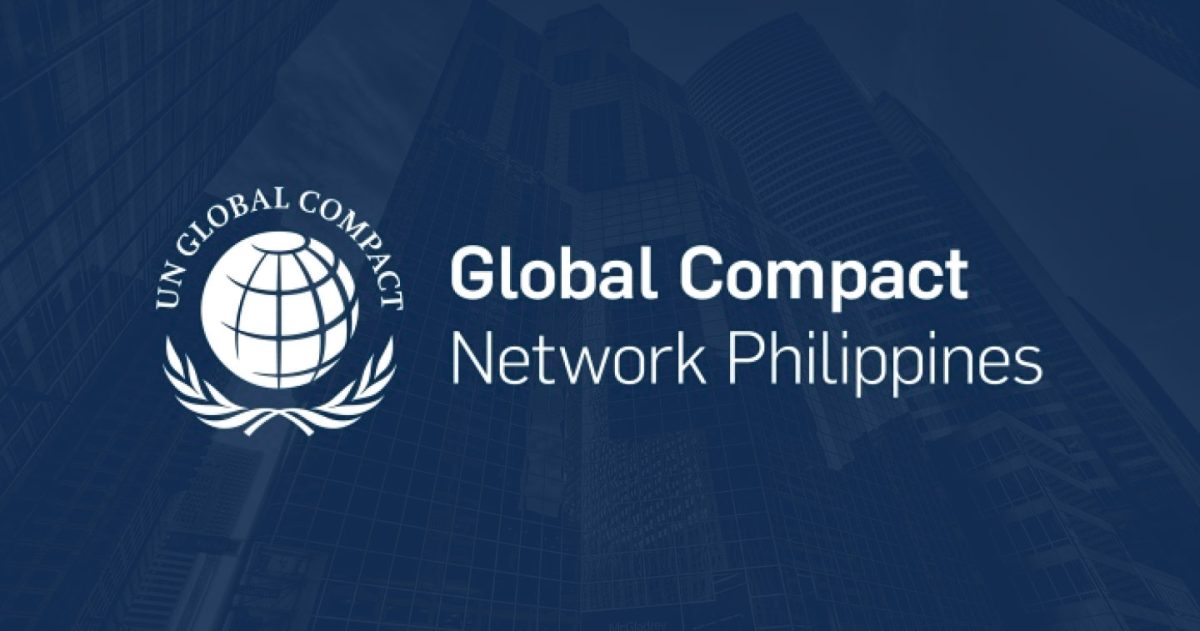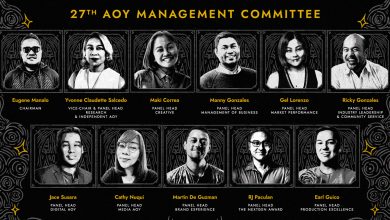MANILA, PHILIPPINES — Company participants of the UN Global Compact, through the local network Global Network Philippines, have doubled down on the transition to a circular economy through sustainability adoption and programs for micro, small, and medium enterprises (MSMEs).
The United Nations Industrial Development Organization (UNIDO) defines the circular economy as an ecosystem that uses resources more efficiently by using them more than once. Implementing recycling, reusing, and repairing practices create a closed-loop system that extends the lifespan of materials and products, reducing the need for new resource production and minimizing waste generation that contributes to pollution and landfill buildup.
Recently, the Private Sector Champion’s (PSC) Planet Pillar of the GCNP organized a webinar with the theme “Enabling the Circular Economy,” reflecting its dedication to promoting sustainable livelihood and environmental stewardship. It intends to encourage MSMEs and other businesses to participate in environmental protection and climate action to foster inclusive economic growth and create green jobs.
During the first session of the webinar, Rondell Torres, Sustainability Lead of Unilever Philippines and a member of the PSC Planet Pillar, shared four top tips for becoming a waste-free individual:
- Think before you buy.
- Separate your dry and wet waste.
- Know and follow the waste collection schedule.
- Maging wais sa waste by finding ways to exchange, resell, or process plastic waste.
In the second session, Engr. Ceidge Razon of Basic Environmental Systems and Technologies (BEST), talked about how BEST is enabling the shift from a linear economy to a circular economy through their Trash to Cashback program. The program focuses on rewarding partners who regularly exchange their recyclables to drive behavioral change within their households and the communities they participate in.
The PSC Planet Pillar works with environmental champions across different industries. GCNP formally launched the PSC initiative in 2022 by utilizing its network of participant-companies to help support MSME recovery and resiliency through enabling and enhancing their sustainability practices.
Planet Pillar Lead and PLDT Group Chief Sustainability Officer Melissa Vergel De Dios said the group is pushing for the efficient use of the planet’s limited resources by promoting circularity in operations. They aim to enable MSMEs to green their operations from production and distribution to waste management.
“GCNP wants to rally the private sector to facilitate post-pandemic business recovery for MSMEs through capacity building, anchoring partnerships, and driving advocacy campaigns for the environment. We want to increase awareness of the circular economy and help scale up waste management solutions with the use of digital technology,” she said.
As the webinar concluded, Planet Pillar Co-lead and Globe Group Chief Sustainability and Corporate Communications Officer Yoly Crisanto underscored the importance for MSMEs to build their knowledge and capabilities on sustainability, given that they comprise over 99% of commercial establishments in the country. Crisanto said there is a need to rethink the way products are consumed and waste is managed from the workplace to households.
“Always remember the 3 Rs. Reduce plastic consumption by refusing single-use plastic. Reuse or repurpose plastic containers whenever possible. And last, recycle plastic by segregating them at home and bringing them to plastic waste recyclers. Our call to action is to have a collective effort for us to address the issue of plastic waste and enable the transition to a circular economy,” she said.
Aside from Globe, PLDT, and Smart, other members of Planet Pillar are Bayo Manila, International Container Terminal Services, Inc. (ICTSI), Metro Pacific Investments Corp. (MPIC), Manila Electric Company (Meralco), Nestlé Philippines, The PTC Group, and Unilever Philippines.










